Minaret ban approved by 57 per cent of voters
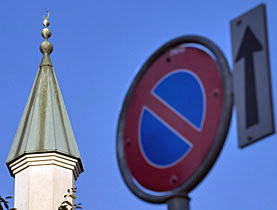
To the great surprise of pollsters and the regret of the government, the Swiss on Sunday said yes to a ban on the construction of minarets.
According to final results, 57.5 per cent of voters and a majority of cantons backed the initiative.
Turnout was high, at around 53 per cent.
The result comes as a major surprise and a slap in the face of the government. Opinion polls ahead of the vote had predicted the ban would be rejected by 53 per cent of the electorate.
The proposal on banning minaret construction was championed by rightwing and ultra-conservative groups. The government and most political parties as well as churches and the business community came out strongly against it.
“A majority of the Swiss people and the cantons have adopted the popular initiative against the construction of minarets. The Federal Council respects this decision,” a government statement said.
“Consequently the construction of new minarets in Switzerland is no longer permitted. The four existing minarets will remain. It will also be possible to continue to construct mosques.”
The statement said freedom of belief would not be affected. “Muslims in Switzerland are able to practise their religion alone or in community with others, and live according to their beliefs just as before.”
“Proxy war”
Swiss Justice Minister Eveline Widmer-Schlumpf had argued strongly against a ban on minaret construction.
“The initiative is a kind of ‘proxy war’. Its supporters say they are against minarets. But they want to fight what they consider creeping Islamicisation and sharia law,” she said ahead of the vote.
Opponents warned that approval of the proposal would fuel Islamic extremism and damage Switzerland’s image abroad, particularly in the Muslim world.
Supporters of a ban argued minarets are a symbol of an Islamic claim to power.
“The Islamic religion is intolerant, but we do not want to limit freedom of religion, we want to outlaw the political symbol,” said Ulrich Schlüer, a member of the rightwing Swiss People’s party and one of the leading promoters of the anti-minaret initiative.
Supporters tapped into public concern about the growing Muslim community in Switzerland, radical imams, the role of women, as well as head scarves and other dress codes.
Immigrants
The number of Muslim immigrants has increased to about 350,000 (up to 4.5 per cent of the Swiss population) since the 1990s. Most came from the former Yugoslavia and Turkey and are considered moderates.
There are an estimated 200 mosques and prayer rooms in Switzerland, mainly in disused factories and warehouses. Only four have a minaret, including the mosques in Geneva and Zurich.
In the wake of heated debates at a local level about requests to build more minarets, members of the People’s Party and the Federal Democratic Union collected enough signatures to force a nationwide vote.
Their campaign made use of a provocative poster campaign, which was criticised as racist by non-governmental organisations and international bodies.
swissinfo.ch and agencies

More
People’s initiative
A minaret is a tower, traditionally part of a mosque, with a balcony from which a muezzin calls Muslims to prayer. In modern mosques, the minaret is equipped with loudspeakers.
In Switzerland, only the mosques in Geneva and Zurich have a minaret. The call to prayer is not made from these minarets.
The authorities have granted permission to build minarets for mosques in the towns of Winterthur as well as in Wangen near Olten.
Request for minarets in at least two other towns, Langenthal and Wil, led to heated debates at the local level.

In compliance with the JTI standards
More: SWI swissinfo.ch certified by the Journalism Trust Initiative
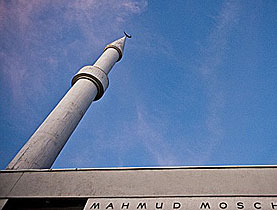
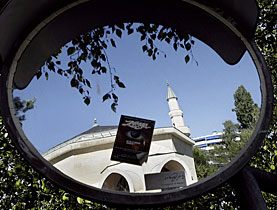
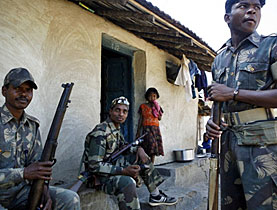
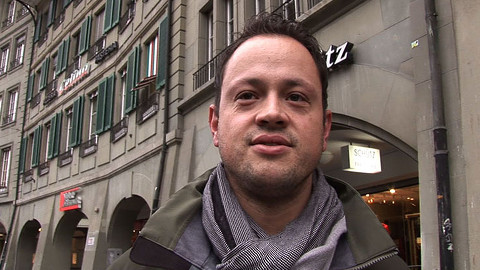
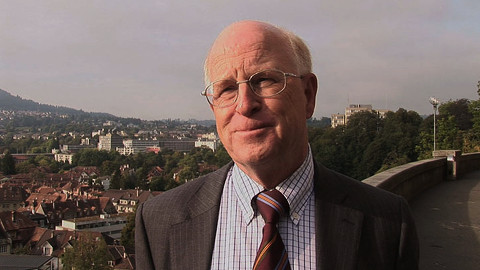
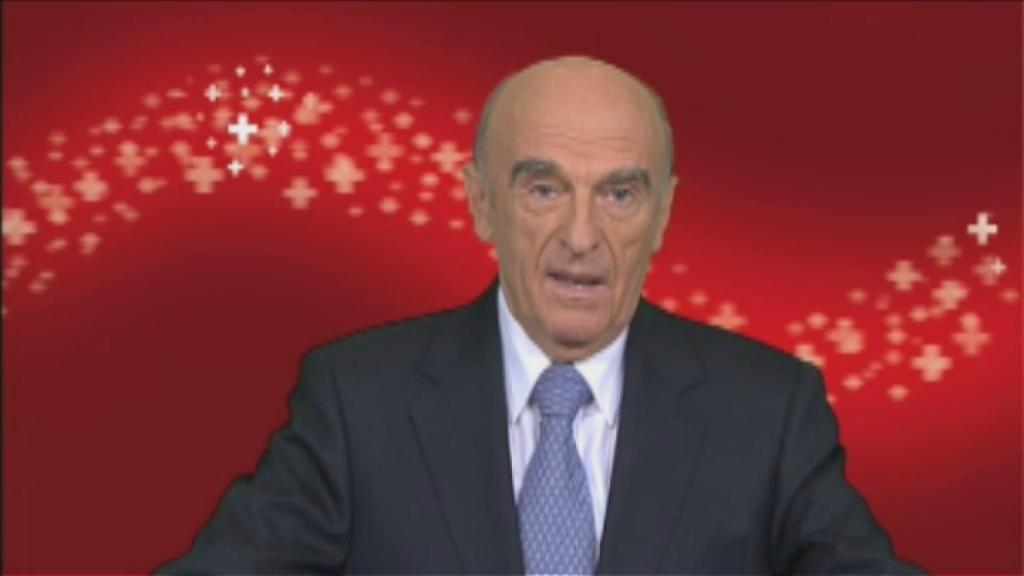
You can find an overview of ongoing debates with our journalists here. Please join us!
If you want to start a conversation about a topic raised in this article or want to report factual errors, email us at english@swissinfo.ch.